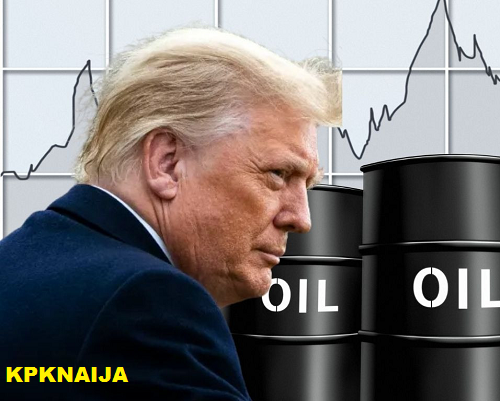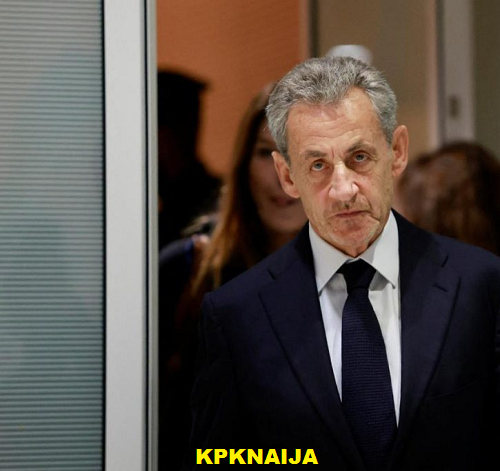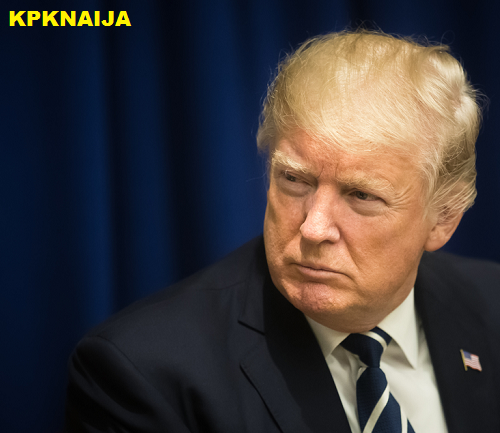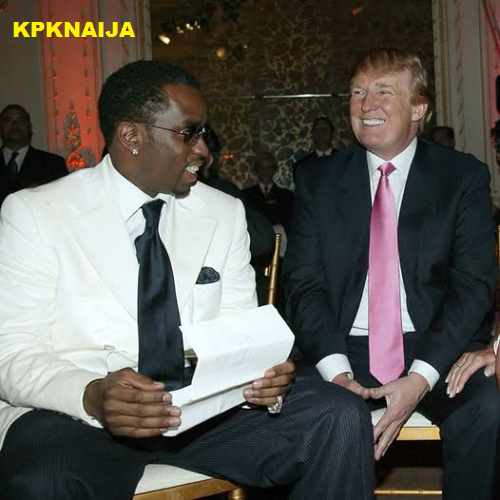Crude Futures Jump Nearly 5%: US Sanctions on Major Russian Oil Suppliers Ignite Supply Fears

Global oil markets reacted dramatically this week, with crude oil prices surging by over 5% following the imposition of sweeping new sanctions by the United States targeting Russia's most significant energy suppliers, Rosneft and Lukoil.
The sharp price movement underscores persistent supply anxieties and the volatile nature of the global energy landscape, particularly as geopolitical tensions escalate.
The international benchmark, Brent crude, and the US benchmark, West Texas Intermediate (WTI) crude, both saw their biggest single-day jumps in months. Brent futures soared to approximately $65.96 per barrel, while WTI futures climbed to around $61.77 per barrel, reflecting a steep climb as traders priced in the disruption of Russian supply flows.
U.S. Treasury Secretary Scott Bessent confirmed the targeted measures, stating that the sanctions aim to tighten the financial squeeze on Moscow, whose war machine is heavily funded by oil and gas revenues. The move gives global companies until November 21, 2025, to wind down transactions with the newly blacklisted entities and their numerous subsidiaries.
Rosneft and Lukoil are behemoths in the Russian energy sector, collectively responsible for nearly half of the country's oil exports. Sanctioning these companies immediately injects a high degree of uncertainty into the supply chain, forcing major buyers like India and China to scramble for alternative, non-sanctioned crude sources.
Refiners and traders globally, especially those reliant on the Western banking system, are now reviewing their contracts and are highly likely to sharply curtail or even halt imports of Russian oil to avoid running afoul of US secondary sanctions. This is expected to significantly reduce the flow of discounted Russian crude onto the global market.
The rally was further amplified by robust demand signals in the world’s largest consumer market. Data from the US Energy Information Administration (EIA) unexpectedly showed a draw-down in commercial crude, gasoline, and distillate inventories, signaling strong US energy demand which compounded the supply-side shock from the sanctions.
This latest escalation in financial pressure comes after the breakdown of a planned summit between President Trump and Russian President Vladimir Putin, signaling a dramatic shift in Washington's policy stance toward the conflict in Ukraine. The sanctions against Rosneft and Lukoil are viewed as a direct and potent attempt to cut off the Kremlin's most vital financial lifeline.
Market analysts suggest the effectiveness of the sanctions will ultimately depend on the commitment of the US to active, ongoing enforcement, and whether major non-allied buyers like China and India will adhere to the restrictions or find new ways to facilitate the trade. The long-term trajectory of oil prices remains highly sensitive to this developing geopolitical confrontation.
 Nicolas Sarkozy Jailed in Gaddafi Campaign Funding Scandal: Historic French Corruption Conviction
Nicolas Sarkozy Jailed in Gaddafi Campaign Funding Scandal: Historic French Corruption Conviction
Whether you're searching for party jams, motivational tracks, romantic ballads, gospel tunes, or hype street anthems, kpknaija delivers non-stop entertainment that reflects the rich soundscape of Nigeria. Download the latest Nigerian songs in high-quality MP3 format on kpknaija. Stay updated with trending Afrobeats, Naija hits, and new music releases daily.
Disclaimer!!! All music files available on this website remain the intellectual property of their respective copyright holders. They are provided solely for the purposes of critical review, academic research, and promotional use. No copyright infringement is intended.
If you are a copyright holder and believe that your work has been used improperly, please contact us at about_us @ kpknaija .com to request its removal.













